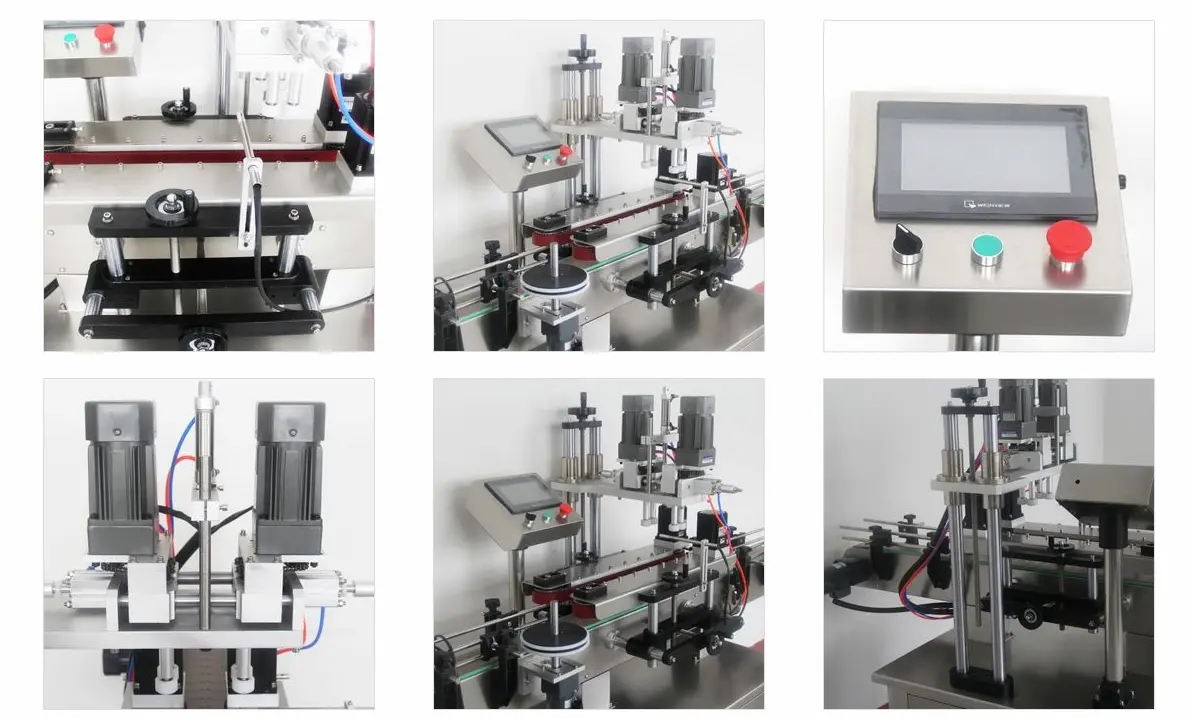If you’re a fan of the popular sci-fi strategy game Stellaris like me, you know there’s a huge technology tree to discover. But have you ever wondered just how massive it really is?
Well, let’s take a dive into the Stellaris tech tree and find out!
To start, Stellaris has three main categories of technology: physics, society, and engineering. Within each category, there are multiple sub-categories containing dozens of individual technologies to research. According to the Stellaris Wiki, there are a whopping 300 base technologies in the game!
Now, those 300 are just the standard techs available to every new game. As you play Stellaris and make contact with other alien civilizations, you’ll encounter rare technologies that you can acquire through trade deals or salvaging debris. There are around 50 of these rare techs sprinkled throughout galaxies. What’s more, mods and DLCs introduce even more technologies into the mix!
How Many Technologies Are in Stellaris?
So if we tally it all up, in a standard unmodded game of Stellaris you’re looking at about 350 technologies you can potentially research. That’s a massive tech tree! To put it in perspective, Civilization VI has around 110 technologies. Stellaris has over three times as many!
Of course, you won’t unlock all 350 technologies in a single playthrough. The techs you draw are partially randomized in each game. But still, the sheer amount of sci-fi concepts packed into the Stellaris technology system is incredibly impressive. You’ve got basics like nuclear power and robotics, but also weird stuff like extradimensional physics, sentient AI, and the complete mapping of DNA strands.
The Stellaris developers went all-out in creating a deep technology system that matches the scope and imagination of an entire galaxy. It makes researching new techs incredibly rewarding. You never know what cool new weapon, ship component, or ability you might discover next!
Related:
- How to Integrate DreamHost Hosting with a Cloudflare-Registered Domain
- Applications of UV Adhesives in Handyman Practice
- How a Bottle Capping Machine Can Improve Your Bottling Operation
- HONOR Magic6 Lite Review: Unlock Your Extra Power
- PLC Programmer for Automation in the UK
- Xiaomi Mi Dual Mode Wireless Mouse (Silent Edition) Review
- What is a cloud based phone system
- Choosing the Right Business Phone System for Your UK Company: A Comprehensive Guide
- Monoprice 110010 Hi-Fi Active Noise Canceling Headphone Review
- How do I start a mobile app development project in India?
- How to Change Margins in Google Docs
- What is Stellaris?
- How Many Technologies Are in Stellaris?
- A Beginner’s Guide to the Stellaris Technology Tree
Now let’s break down the number of technologies in each area:
Physics – 100 techs Society – 100 techs Engineering – 100 techs Rare Techs – 50 techs
So as you can see, each category contains around 100 standard technologies, with engineering just meeting that threshold. This ensures an even spread of tech advancement in each critical research area. You’re not stuck just making incremental progress in physics while society and engineering lag. All categories move forward together.
The rare techs also strike a nice balance, adding about 50 extra goodies to shake things up once you start exploring the galaxy. These introduce game-changing stuff like extra-dimensional weapons, sapient combat computers, and the ability to restore ruined megastructures. They spice up the mid to late-game progression.
Of course, your civilization’s traits and ethics will weigh the odds of certain techs appearing more often. A spiritual civilization might draw more psionic technologies, while a militaristic one sees more weapon advances pop up. But overall, every category and playstyle gets plenty of love in the Stellaris tech tree.
So in summary:
- 300 base technologies
- 50 rare technologies
- 350 total technologies in the base game
- Even more, added through DLCs and mods
That’s a huge tech tree! It’s part of what makes researching new advances so engaging and rewarding in Stellaris. You never know what you might discover next – it could be boring old armour plating or a planet-cracking death ray!
I hope this breakdown gives you an idea of just how massive and varied the Stellaris technology system is. It’s one of the many reasons this game captures the imagination and has become a go-to sci-fi strategy title. That sense of discovery and progress is an integral part of the experience.
So if you get bored while waiting for your scientists to complete another research project, remember – there are over 300 techs out there you haven’t uncovered yet! So keep on exploring the galaxy, make some new friends and enemies, and most importantly – keep discovering new technologies! What will you research next?



